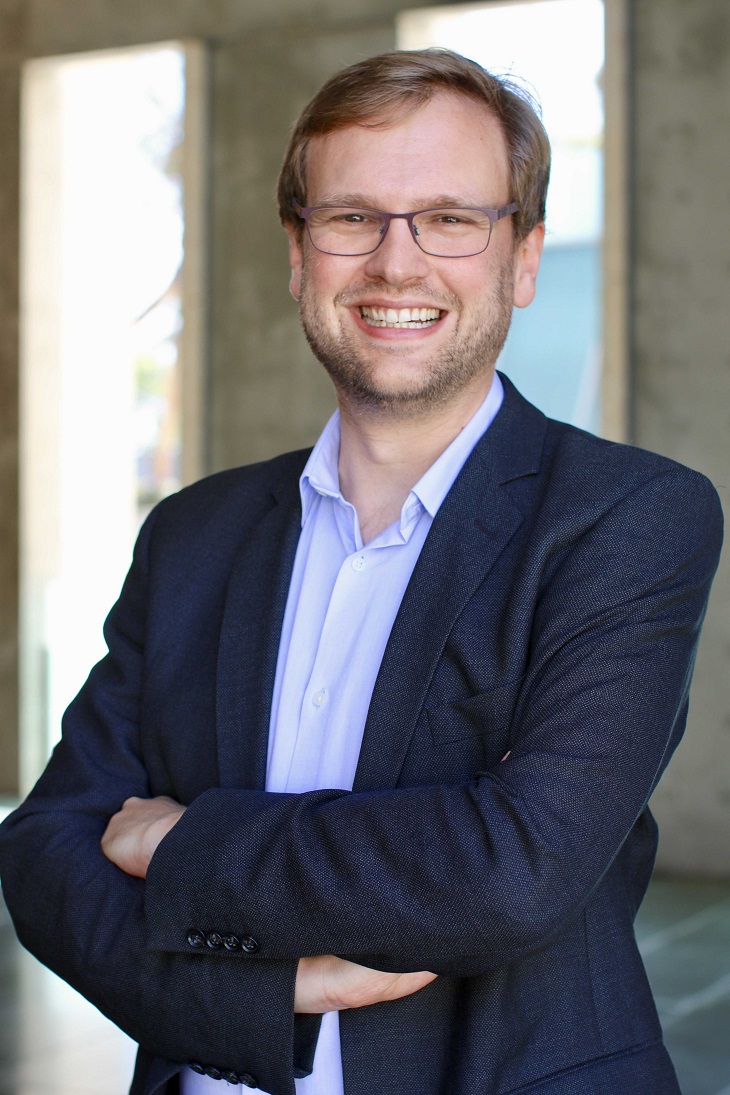Mini-kidney ‘organoids’ show great potential for kidney disease prognosis
A recent study published in Nature Communications with contribution from Aarhus University researcher Markus Rinschen shows crucial evidence for the functional relevance of a kidney organoid model to improve insights and potentially treatment of human kidney disease.

An organoid is a mini-organ, a self-organized 3D tissue, that is derived from stem cells and grown in a dish. Organoids are used in research to study how cells interact and how the environment, other diseases and treatment affect them.
Kidney organoids generated from human pluripotent stem cells (hPSC), self-renewing cells, have tremendous potential to advance our understanding of kidney development and disease. Fundamental knowledge is needed to advance the use of kidney organoids to model human disease.
This fundamental knowledge has now been provided in a new study published in Nature Communications by an international team of researchers with contribution by Markus Rinschen from the Department of Biomedicine at Aarhus University, Denmark in collaboration with colleagues from the University of Michigan, USA, and the University Hospital Hamburg Eppendorf, Germany.
Novel multi-omics techniques to improve disease insights
The team of researchers have applied various ‘omics’ techniques, an approach where multiple data sets are combined during analysis to provide a comprehensive view of cell physiology. With these omics techniques, the researchers have studied mini-kidneys, organoids, in a dish, and have checked their molecular protein profile, and finally compared them to “real biopsy” human tissues from the University of Michigan. The analyses chiefly dissected inflammatory tissue responses in glomerular kidney diseases, a frequent subtype of kidney disease.
In the study, they were able to demonstrate the functionality and relevance of gene product networks in an organoid model system to kidney disease. This suggests that the researchers could now distinguish patients and their prognosis on how the organoids respond.
“We were really surprised how similar the organoid proteins seem to be compared to those found in human kidneys – although the technology certainly has room for improvement. This translational work was only possible through collaboration with Dr Jennifer Harder from the University of Michigan and led by Dr Moritz Lassé from Hamburg Center for Kidney Health at the University Hospital Hamburg Eppendorf,” said Markus Rinschen from the Department of Biomedicine and a fellow at the Aarhus Institute of Advanced Studies at Aarhus University, Denmark and the University Hospital Hamburg Eppendorf.
Basic research for better kidney outcomes for patients
The new insights of the study, thus, provide critical foundational knowledge of kidney organoids. It shows how this model system developed by the team of researchers can advance our knowledge of kidney inflammation for the benefit of patients suffering from kidney diseases. Importantly, this model system might also replace animal experiments at some point in the future.
The research results - more information:
- Study type: Basic research, translational research, with human research from the University of Michigan.
- Collaborators: The study was conducted in collaboration between researchers from University of Michigan, University Hospital Hamburg Eppendorf, and Aarhus University.
- External funding: Novo Nordisk foundation, Carlsberg Foundation, EU Horizon 2020 Marie Skłodowska-Curie.
- Information on any impartiality issues: no conflicts of interest.
- Leaarn more in the scientific paper: ‘An integrated organoid omics map extends modelling potential of kidney disease’ by Moritz Lassé et al in: Nature Communications, 14 August 2023. Open access: https://rdcu.be/djtea
Contact
Associate Professor and AIAS Fellow Markus Rinschen
Aarhus Institute of Advanced Studies (AIAS) and The Department of Biomedicine, Aarhus University
Email: rinschen@aias.au.dk